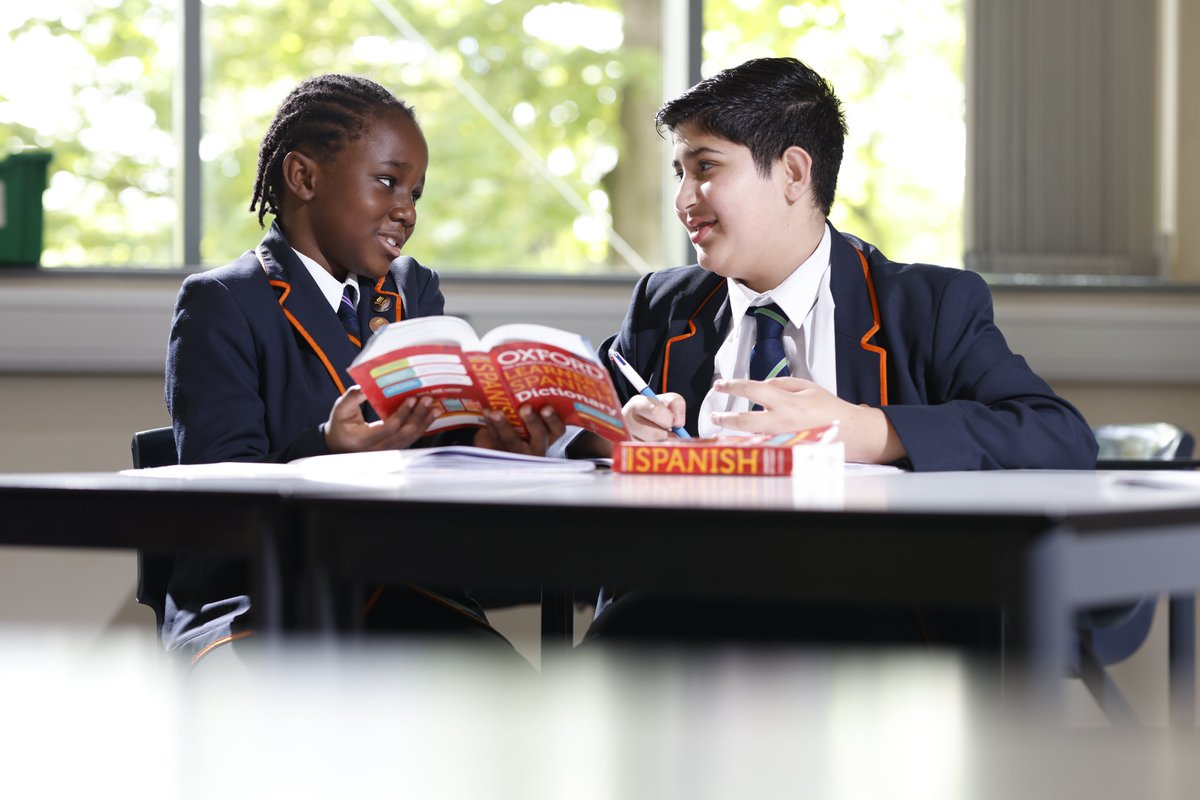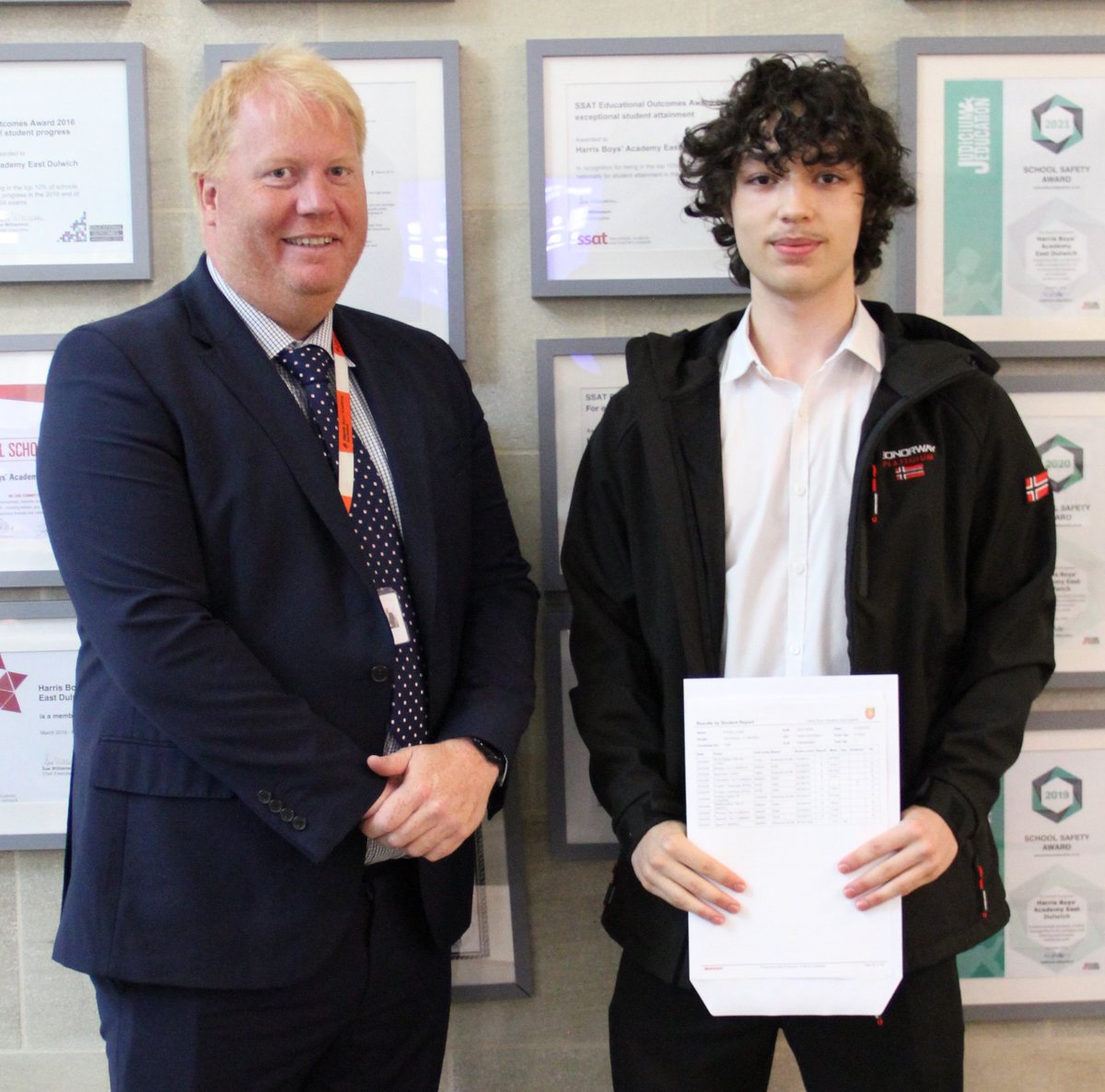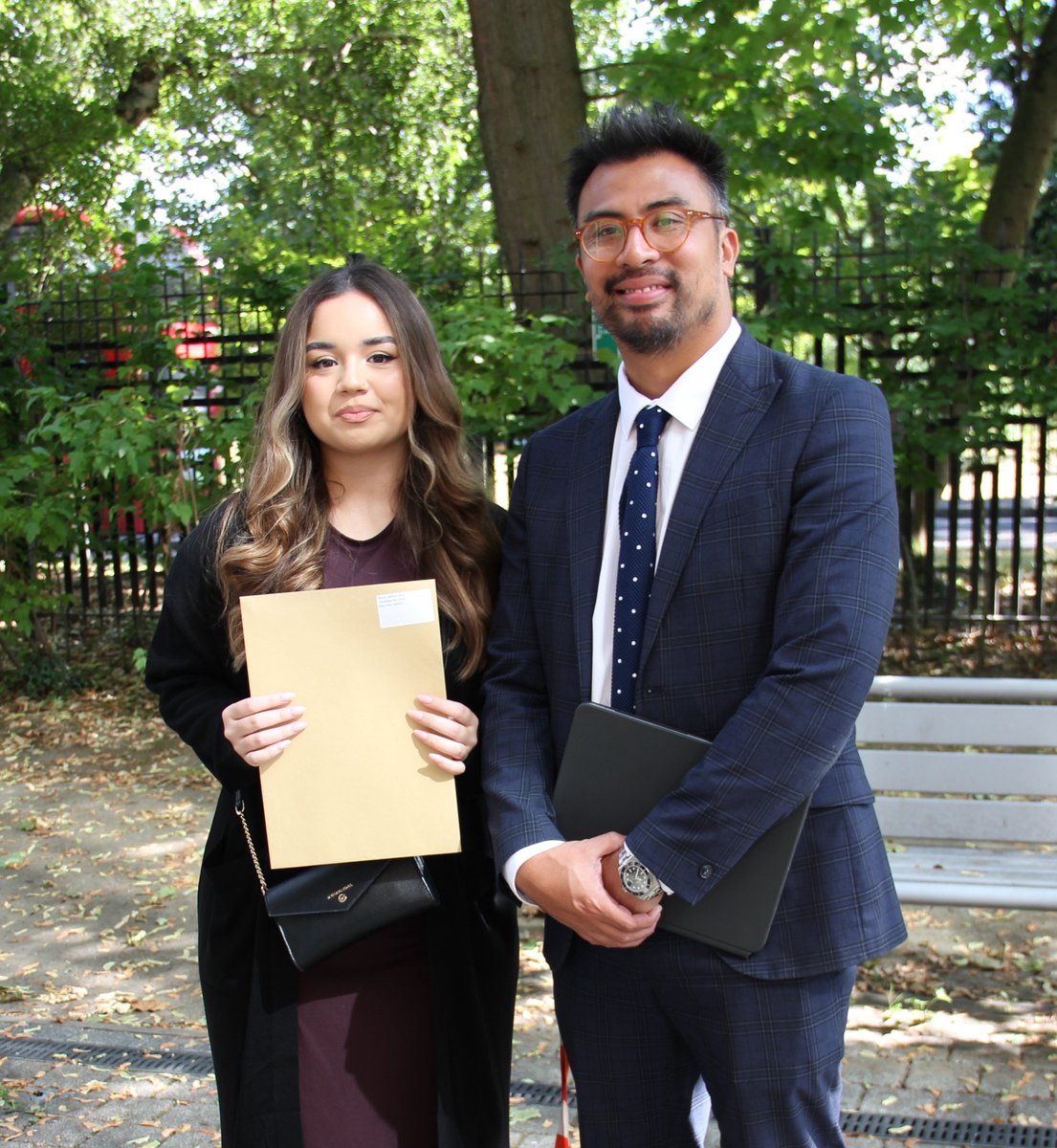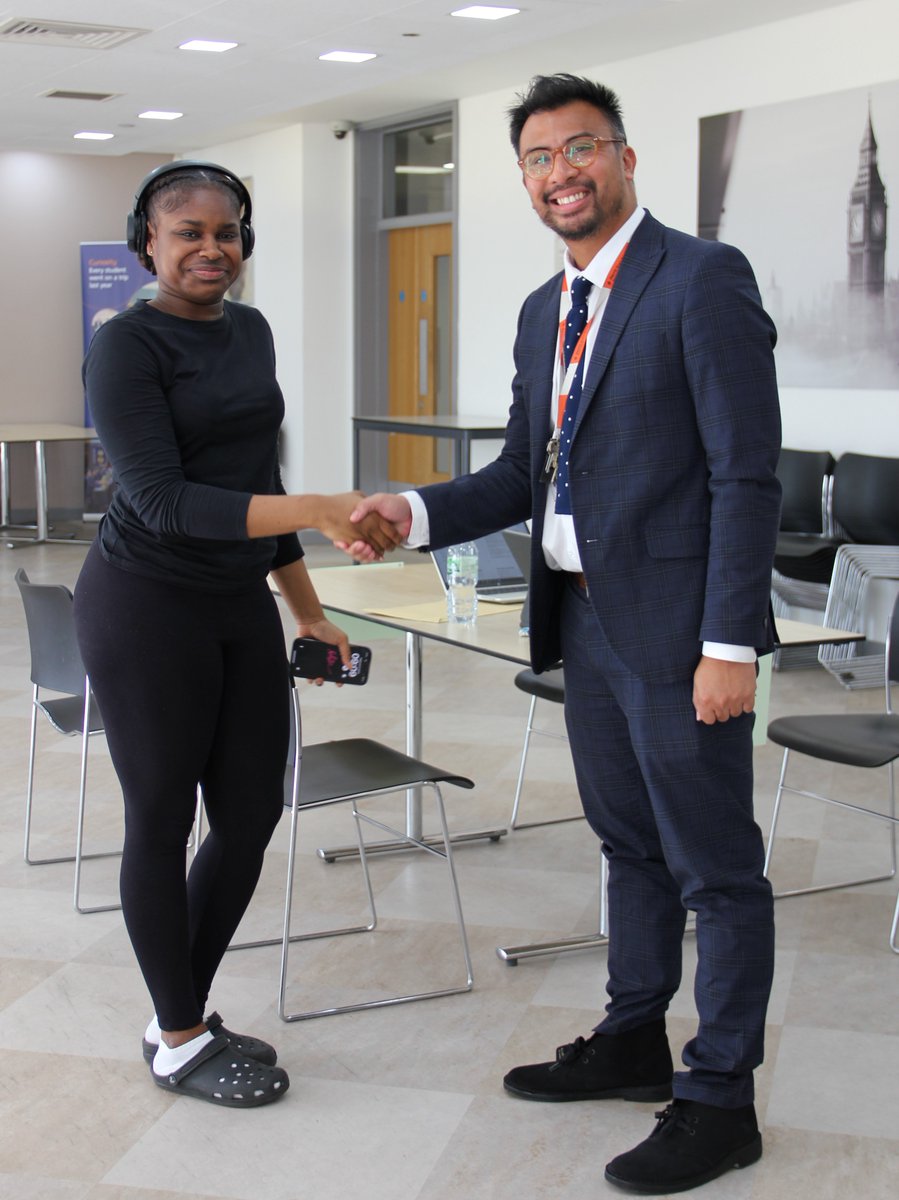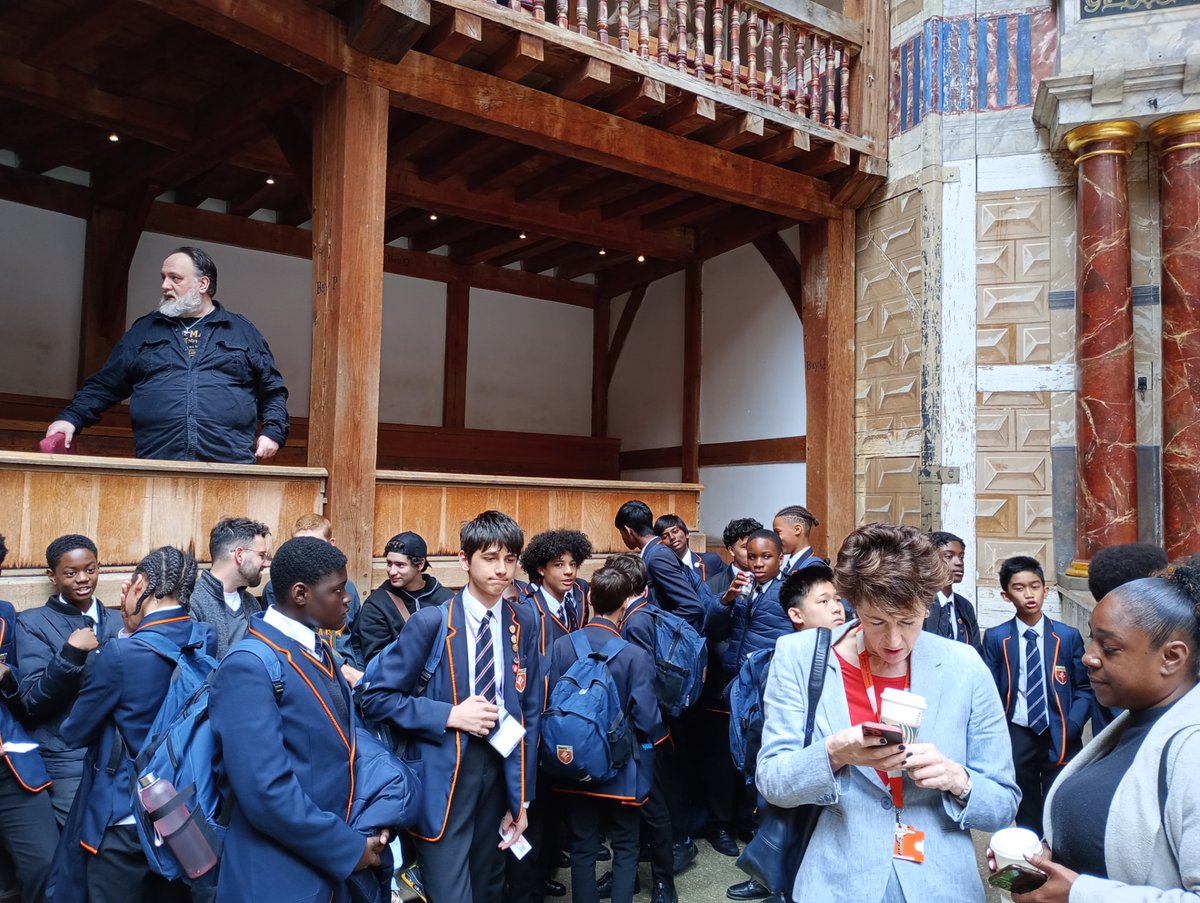RSHE & PSHE
It is our aim to develop all our students into Active Citizens by providing them with the knowledge and skills required to be resilient, respectful, curious, confident and ambitious young people, capable of living healthy and fulfilling lives.
Young people today are growing up in an increasingly complex world and living their lives seamlessly on and offline. This presents many positive and exciting opportunities, but also challenges and risks.
In this environment, children and young people need to know how to be safe and healthy, and how to manage their academic, personal and social lives in a positive way.
Below you will find an overview of the Relationships and Sex Education and Health Education (RSHE) and the Personal, Social, Health and Economic Education (PSHE) curriculum for Harris Boys’ Academy East Dulwich.
The curriculum covers Year 7 to 13, with a full academic year of lessons, based on one lesson per week. This curriculum is rooted in the (September 2020) statutory guidance for RSHE. The curriculum design has also been informed by the work of the Cre8tive Curriculum (TES Award Winners 2021) as well as the PSHE Association and we are grateful for their ongoing support.
Download our policy. The Personal Development (RSHE, PSHE, SMSC and British Values) Policy can be downloaded from our Teaching & Learning Page.
Knowledge organisation
There are 13 topics in the statutory guidance for secondary schools and these are interleaved through the units and across the year groups. The sequence of units within each year is derived in such a way as to enable pupils to make connections and links between topics/units.
The development of each topic, and how all the units relating to that topic build from Year 7 to 13, has been derived from a judgement regarding the age-appropriateness of the content.
The substantive PSHE and RSHE knowledge is designed to be delivered in a sequence that allows for connection-making across the topics. The knowledge becomes more complex and age-specific as students progress through the academic year. All substantive RSHE knowledge to be delivered is taken directly from the RSHE statutory guidance document. Each one of the topics becomes a thread of knowledge building throughout this entire secondary curriculum, although there are clear links across topics, which are highlighted throughout.
To embed the substantive knowledge relating to RSHE, pupils need to reflect on the human experience. Pupils’ understanding of the topics will be enhanced through stories and scenario-based considerations and reflections. Their hinterland knowledge will complement the substantive knowledge delivered through teachers sharing examples and stories that relate to the topics.
Knowledge selection
The selection of knowledge in this curriculum is informed by the RSHE Statutory Guidance 2020, the PSHE Association’s suggested curriculum and The Gatsby Benchmarks.
For clarity, here listed are the RSHE topics from the guidance, from which knowledge and units in this curriculum are derived:
Relationship/Sex Education topics
- Online and Media
- Being Safe
- Respectful Relationships, including Friendships
- Intimate and Sexual Relationships, including Sexual Health
- Families
Health topics
- Healthy Eating
- Health and Prevention
- Mental Wellbeing
- Drugs, Alcohol and Tobacco
- Basic First Aid
- Internet Safety and Harms
- Changing Adolescent Body
- Physical Health and Fitness
The curriculum has been designed with a presumption that pupils will not have been taught all of the statutory primary content for RSHE. Knowing that the guidance only became statutory in September 2020, where necessary, lessons have been included that re-cap primary content, to ensure our secondary curriculum can be fully accessed.
Inclusive and ambitious
Learning within this curriculum is, by law, an entitlement of all children in the UK. By nature of the subject matter, certain elements may resonate with specific pupils more than others, based on their background and life experience.
However, the content is designed to be taught to all pupils on the basis that it aims to build understanding and appreciation of others in order to further strengthen relationships and preparedness for adult life.
Content relating to sex and relationships will be taught in such a way as to be equally applicable to LGBTQ+ young people as to CIS opposite sex relationships. It is hoped that in delivering this curriculum, teachers are further embracing and enhancing inclusivity within our community.
The curriculum breaks down lengthy guidance into deliverable, manageable chunks. It aims to challenge pupils to deeply reflect, and to embrace a wide range of subject (and topic) specific vocabulary, to equip them with the tools needed to navigate their lives as teenagers and adults, and to understand experiences that might affect friends, relations, partners and colleagues both now and in the future, thus hopefully making them more empathetic individuals.
Resilience and character building. These should include character traits such as belief in achieving goals and persevering with tasks, as well as personal attributes such as honesty, integrity, courage, humility, kindness, generosity, trustworthiness and a sense of justice, underpinned by an understanding of the importance of self-respect and self-worth providing planned opportunities for young people to undertake social action, active citizenship and voluntary service to others locally or more widely.
RSE delivered through other areas of the curriculum
Science. At Key Stage 3 and 4, it includes teaching about reproduction in humans. For example, the structure and function of the male and female reproductive systems, menstrual cycle, gametes, fertilisation, gestation, birth and HIV/AIDS.
Computing. E-safety, with progression in the content to reflect the different and escalating risks that young people face as they get older. This includes how to use technology safely, responsibly, respectfully and securely, how to keep personal information private, and where to go for help and support.
PE. For example, health education can complement what is taught through PE by developing core knowledge and broader understanding that enables people to lead healthy, active lives.
Pupil engagement and motivation
Through scenario-based teaching, coupled with clear, honest approaches, this curriculum will come to life for pupils as they will understand the relevance and applicability of the content to their own lives. The knowledge needed to access the building sequence of lessons will be challenging, but will allow learners to recognise the worth in the lessons.
By carefully matching the content to the age-appropriate level, the relevance and challenge level will further enhance engagement. It will be clearly recognisable how each topic builds vertically through the year groups over a long span of time, and how topics interconnect horizontally across a given academic year.
A contextualised curriculum
We have taken into account the contextual needs of our students when designing the curriculum. We have gathered information through the use of in-school student surveys, student focus groups, work with the school Safeguarding Team and internal results from Votes for Schools SMSC debates. Data from the Southwark Sheu Report and Health and Wellbeing Surveys have also been factored into our decision-making over the time allocated to individual topics.
This has led to additional curriculum time being devoted to the following areas:
- Mental Wellbeing
- Relationships and Consent
- Staying Safe Online and Offline
- Celebrating Diversity and Equality
Ultimately, this curriculum aims to equip young people to live their lives safely and happily, treating others with care and respect. It aims to give them the knowledge to make their own informed lifestyle decisions (within the law), and to maintain their own self-care, through the embedding of this knowledge and the skill of deep reflection and consideration of perspective.
Extra-curricular links
As we deliver the curriculum, we draw clear links to how students can engage with both our in-school extra-curricular programme as well as our opportunities with our external partners.
For example, in our Health and Wellbeing module, we provide students with resources and information on how to stay physically active through our extra-curricular sports programme as well as information on where they can gain wellbeing support through our Mindfulness Champions.
Parental engagement
PSHE/RSHE is best delivered through a collaborative partnership between parents and the Academy. Each year in Term 2B we offer parents the opportunity to attend an evening to find out more about our PSHE & RHSE curriculum. In Term 3B, parents are consulted in preparation for the delivery of the following year's curriculum. Please see below for an overview of the curriculum across each year group. If you have any questions about our PSHE/RSHE curriculum or wish to review any of the teaching and learning materials used, please contact Khasruz Zaman, Assistant Principal for Personal Development, at k.zaman@harrisdulwichboys.org.uk.
The right to withdraw from sex education
Parents/guardians cannnot withdraw their child from any aspect of relationships education or health education. If a parent/carer wishes that their child be removed from sex education, they should write to the Principal to request withdrawal. The Academy will arrange a meeting with them to discuss the matter further. Where necessary, we will provide support by signposting parents to where they can find out more information on parental guidance about sex education. Parents will be able to withdraw their child (following discussion with the school) from any or all aspects of sex education, other than those which are part of the science curriculum, up to and until three terms before the age of 16. After that point, if a student wishes to receive sex education rather than be withdrawn, the Academy will make arrangements to provide the child with sex education during one of those terms. Where students are withdrawn from sex education, we will ensure that the pupil receives appropriate, purposeful education during the period of withdrawal.
Curriculum summary



Respect for others
 Our Relationships and Sex Education and Health Education curriculum is planned with an understanding of the contextual challenges and risks facing our students. We are an all-boys school from 11-16 and serving a vibrant and diverse community. We recognise the vital importance of educating our students about respect for others and this theme of respect runs throughout our curriculum across a range of issues.
Our Relationships and Sex Education and Health Education curriculum is planned with an understanding of the contextual challenges and risks facing our students. We are an all-boys school from 11-16 and serving a vibrant and diverse community. We recognise the vital importance of educating our students about respect for others and this theme of respect runs throughout our curriculum across a range of issues.
We devote additional curriculum time to issues as diverse as consent, sexual harassment and sexual violence; challenges facing the LGBTQ+ community and staying safe in the community.
To enrich our work in these areas, we work with appropriate external agencies such as Action Break Silence (pictured), The Raising Awareness and Prevention Foundation (RAP) and the Metropolitan Police to supplement the education provided by our trained PSHE teachers.
A lifelong process
The curriculum teaches young people to understand human sexuality and to respect themselves and others. It does not encourage early sexual experimentation. It enables young people to be mature, build their confidence and self-esteem and understand the reasons for delaying sexual activity. Effective relationships and sex education also supports people, throughout life, to develop safe, fulfilling and healthy sexual relationships, at the appropriate time. Effective health education focuses on both physical health, mental wellbeing, online safety and basic first aid.
Learning about relationships, sex and health is a lifelong process and we recognise that parents are key figures in helping their children to cope with the emotional and physical aspects of growing up and the challenges and responsibilities that sexual maturity brings.
The Academy offers its Relationships and Sex Education and Health Education (RSHE) curriculum as an integral part of a broad and balanced PSHE programme and within the Science National Curriculum. Our curriculum is delivered in a balanced and sensitive manner, within a moral and caring framework. This is intended to complement and support the role of parents.
Click on the links below to see some sample resources on the following topics, used as part of our RSHE and PSHE curriculum.






